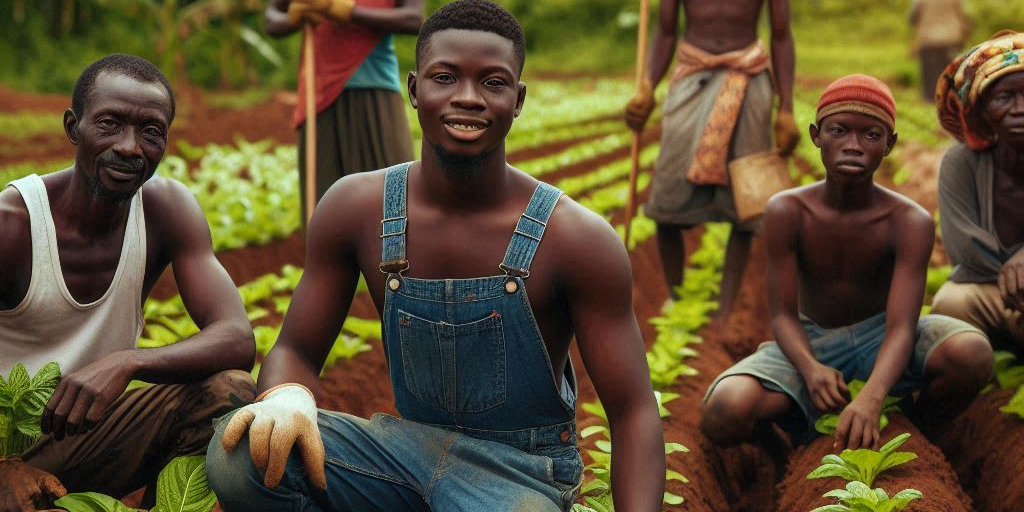In line with Dr. Bawumia’s vision, farmers and agricultural workers will benefit from increased access to technology, improved infrastructure, and greater financial support. The vision emphasizes the use of digital tools such as mobile apps for accessing market information, weather forecasts, and extension services, helping farmers make informed decisions and increase productivity. Investments in rural infrastructure, including roads, irrigation systems, and storage facilities, will reduce post-harvest losses and improve access to markets. Additionally, access to affordable credit and insurance will empower farmers to invest in modern farming techniques and equipment. Dr. Bawumia’s focus on mechanization, agribusiness, and value-added processing will create more jobs in the agricultural sector, boosting incomes and improving livelihoods for farmers and agricultural workers, while also enhancing food security for the nation.
Top 5 Frequently Asked Questions
Question 1: How will your administration ensure food security and stabilize food prices in Ghana?
Answer: We plan to stabilize food prices by providing financing and guarantees through Development Bank Ghana (DBG). This will enable farmers to scale up food production and processing, ensuring a steady supply of food in the market. The initiative will also protect against price fluctuations caused by food shortages.
Question 2: How will creating agricultural enclaves benefit farmers and agricultural workers?
Answer: We will create agricultural enclaves in each region, which will serve as hubs for agribusiness, storage, and value addition. These enclaves will not only expand agribusiness but also create jobs, especially for youth and women in rural areas, by connecting farmers to processing plants, markets, and financial support.
Question 3: How will your administration improve agricultural financing and value addition?
Answer: We plan to accelerate agricultural financing through Development Bank Ghana (DBG) and the Ghana Incentive-Based Risk-Sharing System for Agricultural Lending (GIRSAL). This will provide farmers with affordable loans for food production, processing, and preservation. Additionally, we will establish agricultural enclaves in each region to promote storage and value addition, ensuring that farmers get better returns on their produce.
Question 4: What plans do you have for improving irrigation and mechanization for farmers?
Answer: We will launch an expanded irrigation program to rehabilitate and modernize public irrigation schemes. Mechanization will be a key component, with access to modern farming equipment and extension services to boost productivity. By doing so, we aim to support farmers in scaling up their operations and increasing their yields.
Question 5: How will your administration promote sustainable agricultural practices?
Answer: We are committed to promoting sustainable farming practices that prevent land degradation and improve soil health. This includes training farmers in techniques like crop rotation, organic farming, and the use of biofuels from local crops like cassava and maize. These efforts will ensure long-term agricultural productivity and environmental protection.




